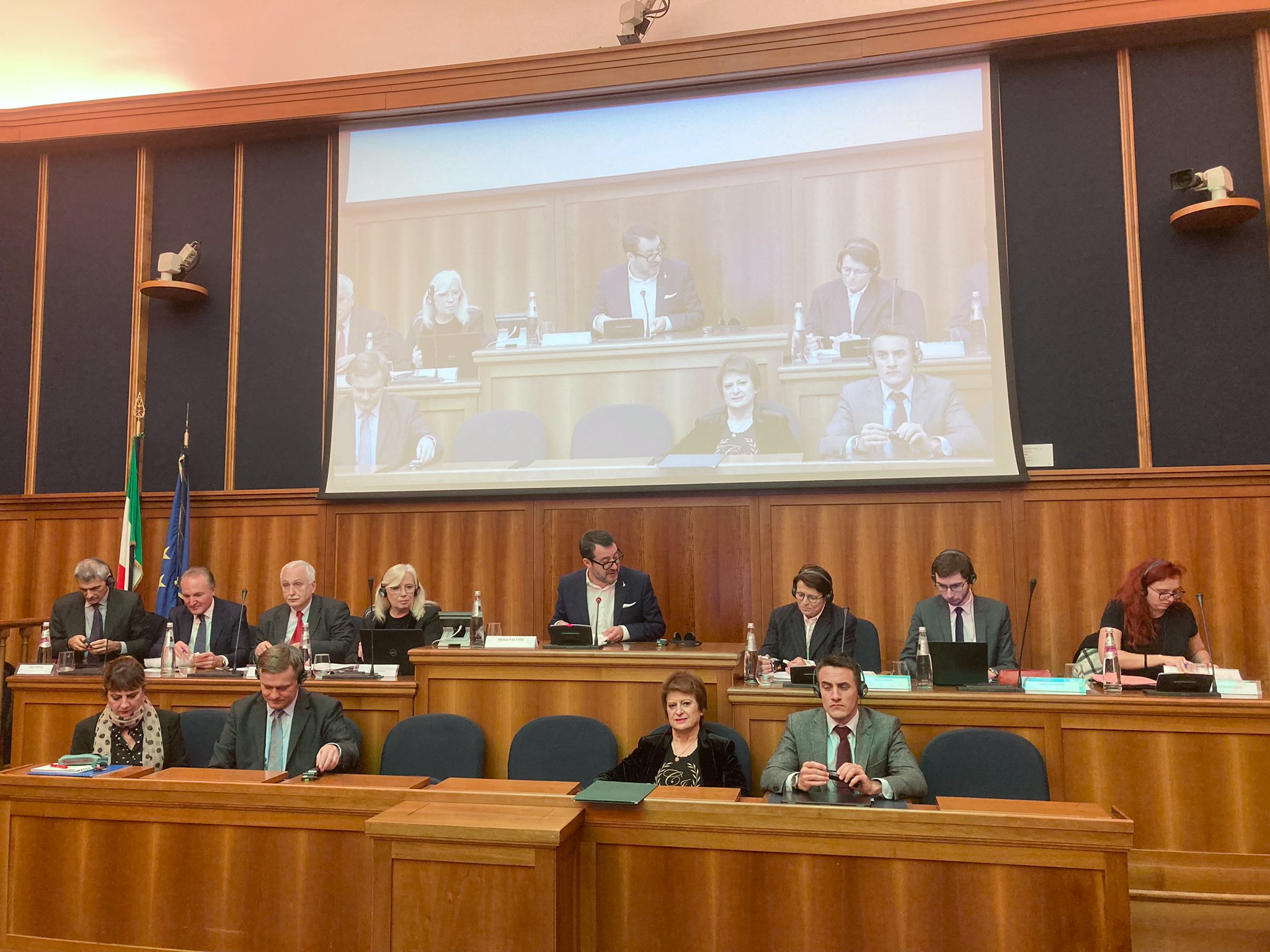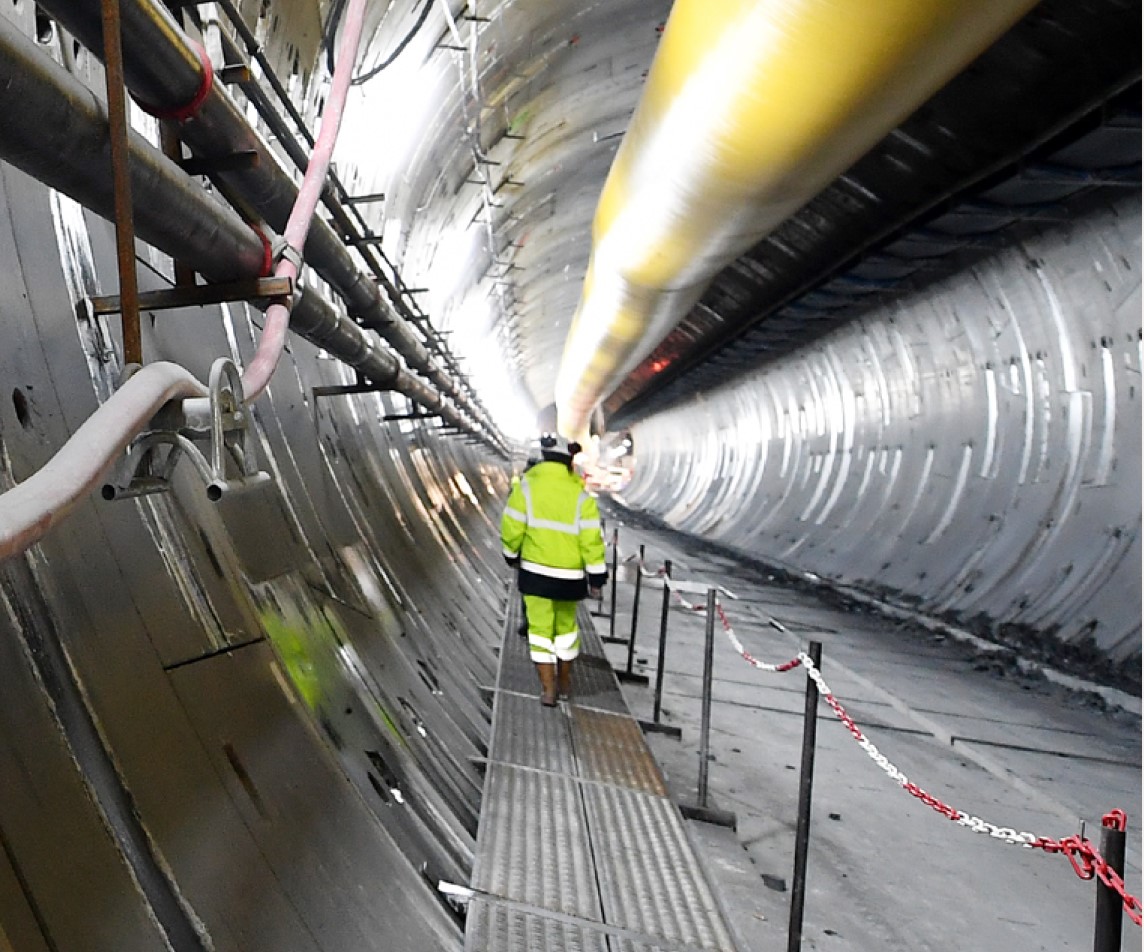After being sent to the Italian and French ministries, the agreement that, for the first time in Europe, allows the binational reuse of excavated materials within the cross-border construction sites of a same project comes into force. The agreement, which required more than three years of joint work, was approved during the meeting of the Intergovernmental Committee on 13 December 2022 in Rome.
In corso al ministero, presente il ministro @matteosalvinimi, la 64esima Commissione intergovernativa per la Torino-Lione #tav 🇮🇹🇫🇷 pic.twitter.com/AXVOBkzbi3
— Ministero delle Infrastrutture e dei Trasporti (@mims_gov) December 13, 2022
Matteo Salvini, Italian Minister of Infrastructure and Transport, opened the meeting and was followed by a video message of Clément Beaune, French Minister of Infrastructure and Transport. The Mediterranean Corridor Coordinator, Iveta Radičová, as well as the Presidents of the Intergovernmental Committee, Josiane Beaud and Paolo Foietta, were also present.
At the meeting, the heads of the two ministries also signed a joint note addressed to the European Commission in which they emphasised the strategic importance of the project and the need for European co-financing.
The agreement on excavated materials
The signing of the binational agreement opens to the possibility to transport excavated materials across the national border to reuse them for the construction of the Lyon-Turin cross-border section, located between the Susa and the Maurienne valleys, reaching up to 60% reuse of material extracted during the works. This material will be used in the concrete for railway embankments or in segments for lining tunnels.
In addition to maximise the circular economy goals of the project, this decision brings two advantages: the reduction of rock storage times and the reduction in purchase of materials from outside the Lyon-Turin sites. In such way, the ‘single construction site’ principle becomes a reality, defining all the construction sites of the project as a single site whose perimeter is defined in the 2012 International Treaty.
From a legal perspective, it is expected that the materials will be subject to the environmental legislation of the country where they are reused and that the competent national authority will ensure their proper management by the public promoter.



